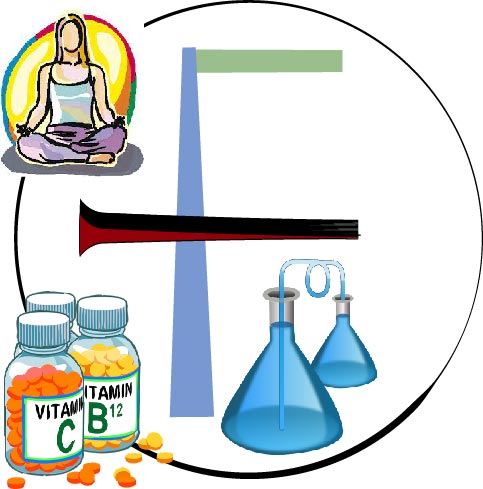“Kal Fischer” most likely refers to Karl Fischer Titration.
Karl Fischer titration is a well-established chemical method used to determine the water content of a wide variety of samples. It’s a common technique in many industries, including:
* Food and beverage: To measure moisture in things like flour, honey, and oils, which affects quality and shelf life.
* Pharmaceuticals: To determine water content in drugs and excipients, crucial for stability.
* Cosmetics: To analyze the water content in products like creams and shampoos.
* Petrochemicals: To measure water in oils and fuels.
* Plastics and polymers: To assess moisture levels in various forms.
The method involves a chemical reaction where iodine reacts with water. There are two main types:
* Volumetric Karl Fischer titration: A reagent containing iodine is added to the sample until all the water reacts, and the amount of water is calculated from the volume of reagent used.
* Coulometric Karl Fischer titration: Iodine is generated electrochemically during the titration, and the amount of water is determined by the amount of electricity needed to produce the iodine.
Karl Fischer titration is known for being accurate, fast, and specific for water determination.
